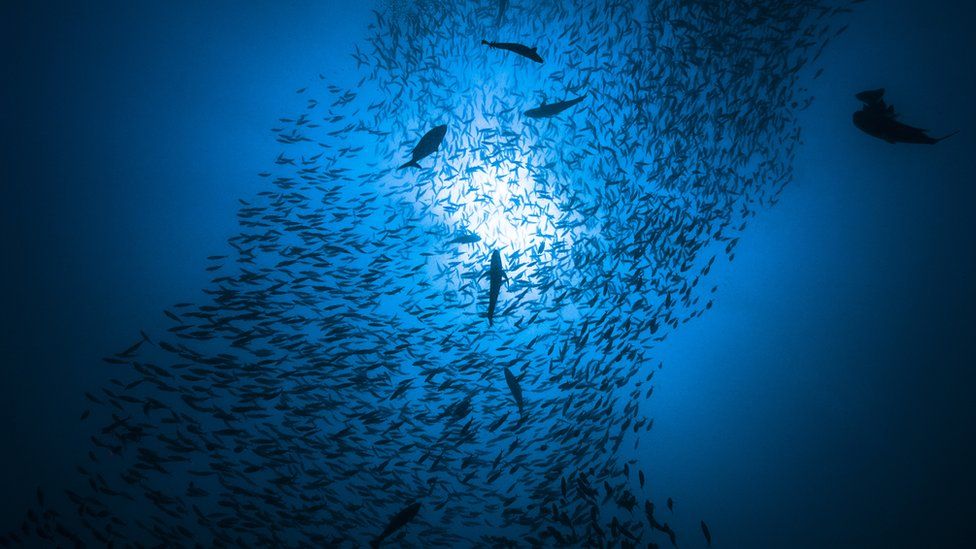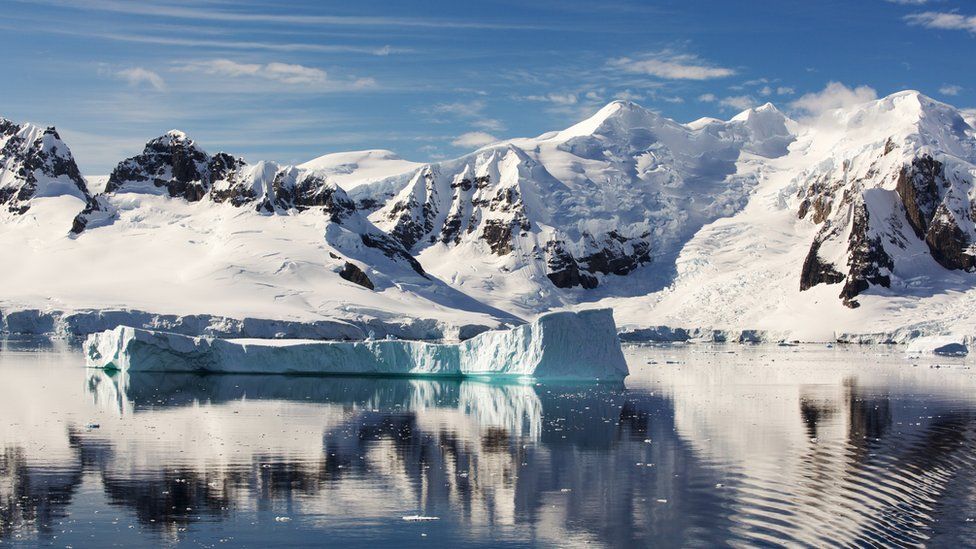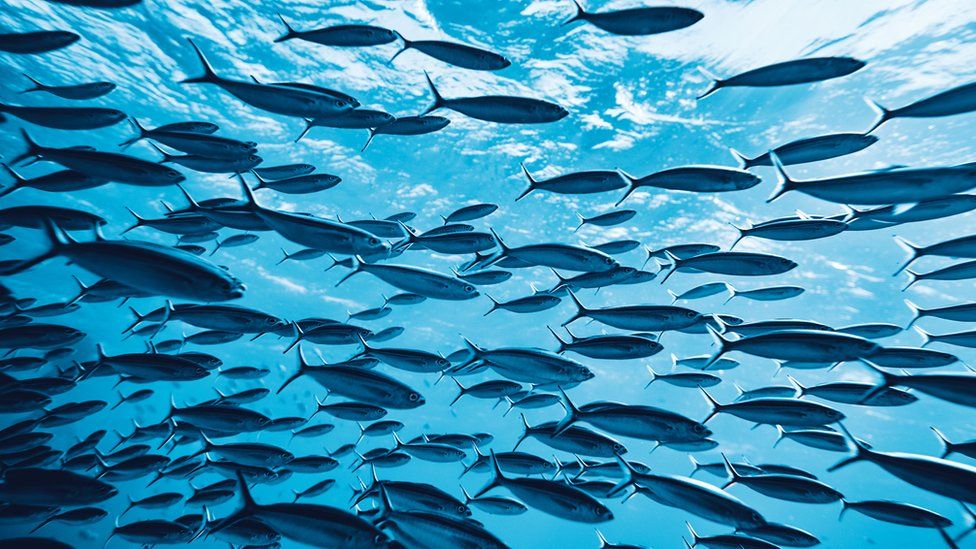Global warming: Fish moving to colder waters to survive

Fish around the world are moving to colder waters as a result of global warming, a new study has found.
Researchers at the University of Glasgow found that the majority of fish populations are moving nearer the north and south poles, or to deeper waters than they usually would live in, in order to stay cool.
They're doing this because sea temperatures are rising - this affects whether fish can reproduce, how much they grow, and even how well they can digest their food.
Lots of fish have a very small window of sea temperatures they can survive in, so even small rise can make their habitats unliveable.
And while some fish may be able to adapt their bodies to the new temperatures, most find moving home is the only option.

This has been seen in declining fish populations all over the globe, and in some places, fish species have disappeared altogether.
The scientists say that changes in marine life (things that live in water) have been up to seven times faster than in animals living on land.
The study looked at 115 different species of fish across all seven oceans around the world, and those working on it say it's the first time a study on such a global scale has been done.

What could this mean for the future?
Carolin Dahms, lead author on the study, said fish populations are moving most where temperatures are rising fastest.
"It's possible that rate of warming in some regions may be too fast for fish to adapt, and so relocating may be their best coping strategy," she said.
"At the same time we see that their ability to do so is also impacted by other factors such as fishing, with commercially exploited species moving more slowly."
Professor Shaun Killen, senior author of the study, said we don't yet know how these moves will affect food chains and ecosystems in these areas.
He explained: "If the prey of these species don't also move, or if these species become an invasive disturbance in their new location, there could be serious consequences down the road."
No comments:
Post a Comment